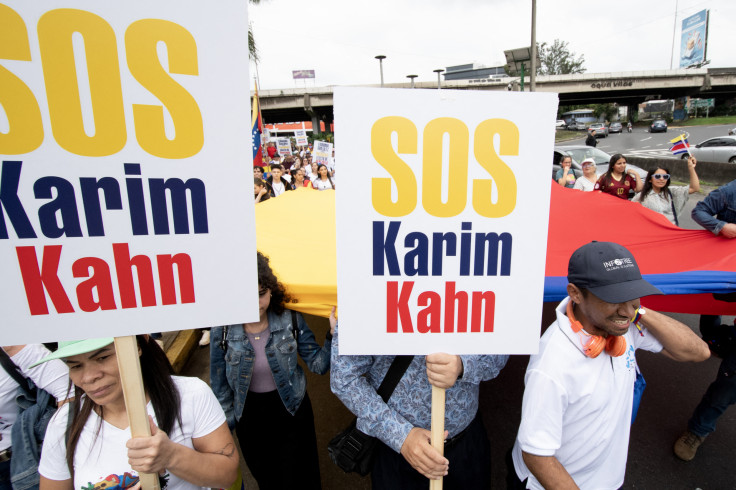
A group of Venezuelan activists has reached the first week of a hunger strike in front of the International Criminal Court (ICC), demanding urgent action against alleged crimes committed by President Nicolás Maduro's government. Their protest, staged in one of the most visible corners of The Hague, has become a rallying cry for justice amid Venezuela's worsening crisis.
"We are here because Venezuelans have waited long enough. The ICC must act now against Maduro's crimes," said activist Mario José de Nigris León, who joined fellow protesters in refusing food for seven days and was reported by Caracas' newspaper El Nacional.
The demonstrators accuse Maduro's administration of systematic abuses, including torture, arbitrary detention, and the jailing of political opponents. Human rights groups estimate that nearly over 800 political prisoners remain behind bars in Venezuela, many without trial. Hunger striker Jhon Manuel Cáceres Morillo declared. "Every day of delay means more lives lost in Venezuela. We demand justice for political prisoners and victims of repression."
Their action comes as Venezuela faces mounting pressure both at home and abroad. The United States has tightened sanctions, accusing Maduro of corruption and drug trafficking links. Relations between Washington and Caracas remain frozen, with recent military maneuvers in the Caribbean further straining ties. Analysts say the hunger strike at the ICC underscores how Venezuelans are seeking international help after years of failed negotiations.
In the meantime, the economic situation in Venezuela continues to fuel unrest. Hyperinflation, food shortages, and a collapsed health system have driven millions to migrate, making it one of the largest displacement crises in the world. Protester Laura Angélica García Contreras noted, "We will not eat until the ICC listens. Venezuelans cannot wait another year for accountability."
The ICC opened a preliminary investigation into Venezuela in 2018 but has yet to announce a formal trial. Activists fear the court's slow pace risks normalizing impunity. Their hunger strike is aimed at pushing international judges to move faster on charges of crimes against humanity.
As the protest enters its second week, the question remains whether the ICC will accelerate its case. For now, the sight of Venezuelans refusing food in The Hague highlights the desperation of a nation still searching for justice.
© 2025 Latin Times. All rights reserved. Do not reproduce without permission.







